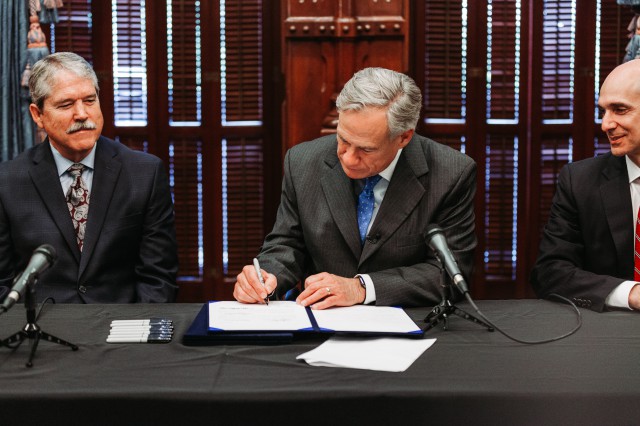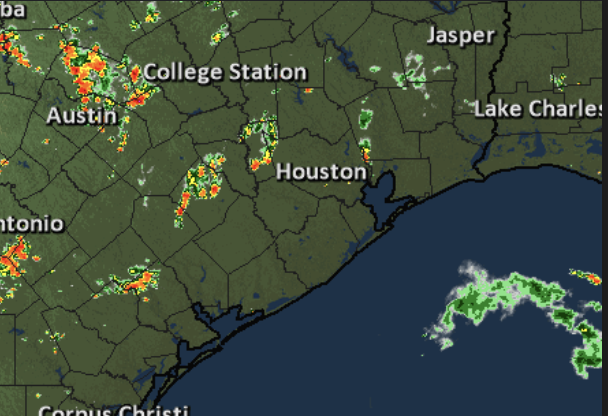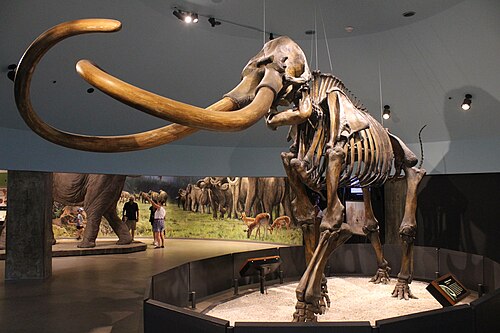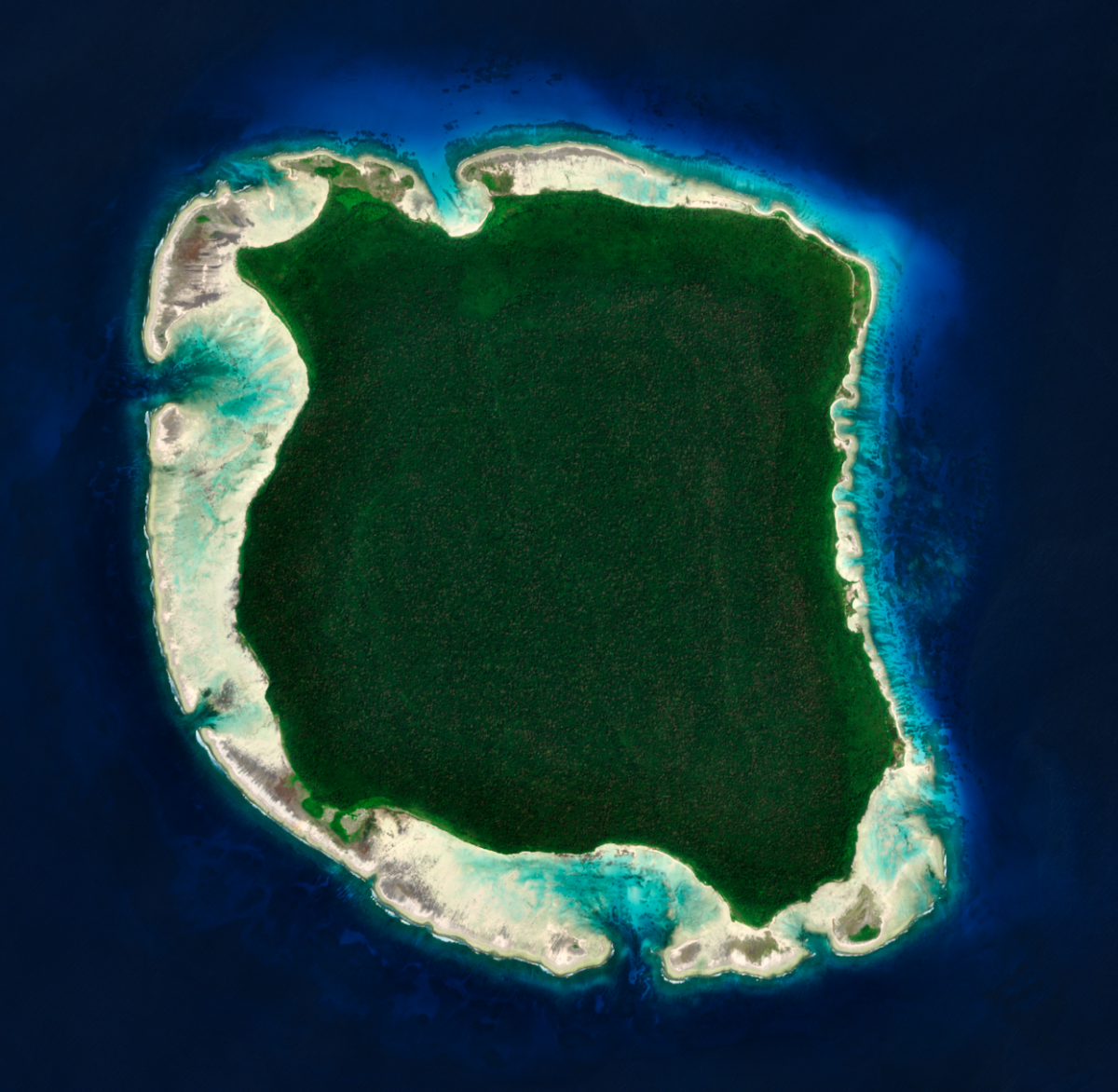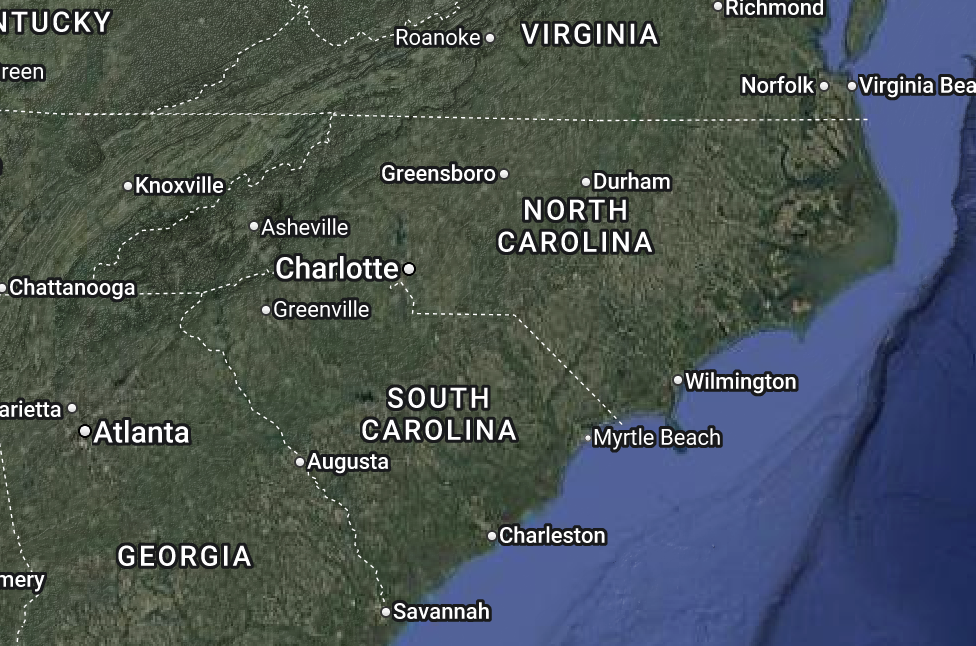
Twelve priests walked out of a well-known political prison in Nicaragua and took a plane to Rome, where they were received by the Holy See last Wednesday. Half had been imprisoned for six months, but the others had been there much longer on questionable charges and rushed trials. And these imprisonments are far from an isolated incident.
Nicaragua’s Catholic Church has been very vocal on political activities for a long time. First, they supported the Nicaraguan Revolution to depose Somoza, back when Daniel Ortega fought on the same side. And as the largest non-government organization in the country, they hold enough power to outwardly criticize their president who is walking the same path. They provide sanctuary and care for protesters as well as voicing their displeasure with his regime. In return Ortega has been trying to discredit and discourage the Church at every turn. The institution is deplored in speeches, cathedrals are subject to violence, and priests are disposed of in through several methods.
One of those methods is imprisonment. A charge is fabricated, and a trial held before the clergyman is locked behind bars where he cannot continue to preach to the public. Another is banishment, which can be either quiet or explicit. A quiet banishment happens when a priest is allowed to leave Nicaragua on some business but finds his citizenship or passport no longer valid when he tries to return. And an explicit banishment is what happens to troublesome and outspoken priest refuses to leave of his own free will. He may have been imprisoned before this step as well.
Such was almost the case of Bishop Rolando Alvarez, still serving a 26-year prison sentence in his home country, now without citizenship. The Ortega regime claims he was guilty of treason and sentenced him in a trial he wasn’t a part of. The bishop didn’t even know the severity of his punishment until he was on his way to serve it. He was offered freedom once before in an exchange deal involving 222 political prisoners being flown out to the United States. When he refused his citizenship was revoked anyway, further punishment in the wake of his unwavering resolve. And in the more recent exchange of clergy, he once again chose to stay behind. The only freedom Bishop Alvarez wants is the freedom to walk and preach in his own country. As of now it doesn’t seem he will be getting that freedom.
In Ortega’s words, the Catholic Church is “a perfect dictatorship.” If it really cared about its people, it would allow democratic election of clergy members. He rails against its hypocrisy and has called them “satanic cassocks” and “terrorist.” Yet he ignores the terrors he has brought against his own people in unleashing military might on peaceful protests. And he deigns to call his elections “democratic” when anyone who runs against him is liable to end up in political torture prisons. If anything, trying to shift focus onto the supposed hypocrisy of the Church has only served to highlight his own.



